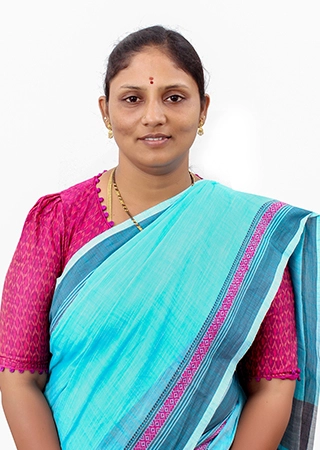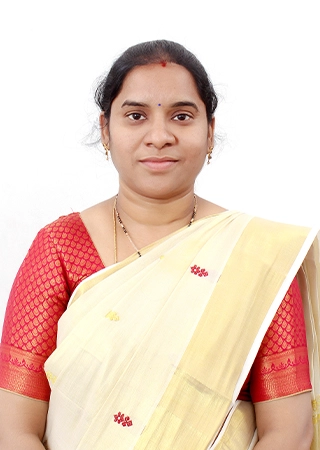Chartered Accountant Course
Institute of Chartered Accountants of India (ICAI)
ICAI, which stands for the Institute of Chartered Accountants of India, is the statutory body in India authorized to recognize Chartered Accountants. It also acts as a regulatory body in managing the CA profession in the country. An individual must complete the course designed by ICAI to become a member of ICAI.
About the CA Course
The Chartered Accountant (CA) course is a professional program that teaches students about accounting, taxation, financial management, and auditing.
Evolution of the CA Profession
The Chartered Accountancy (CA) profession continues to evolve significantly in 2024-25, adapting to technological advancements and changing business landscapes. Modern CAs are expected to be more than just number-crunchers – they're becoming strategic business advisors.
Official Website of ICAI
Visit the official website: www.icai.org
Levels of the CA Course
- CA Foundation
- CA Intermediate
- CA Final
Practical Training (Articleship)
In addition to these exams, a student is required to complete 2 years of practical training, also known as Articleship.
KEY ASPECTS OF CA PROFESSION :
Beyond Traditional Accounting and Auditing, CAs are Now Deeply Involved In:
- Data Analytics and Interpretation
- Risk Management and Cyber Security
- Strategic Business Planning
- International Tax Compliance
- Digital Transformation Consulting
- Advanced Analytical Capabilities
- Technology Proficiency
- Strong Communication Skills
- Ethical Decision-Making
- Global Business Understanding

Meet the Experts Behind Your Success
A team of dedicated mentors, passionate educators, and experienced professionals guiding you toward excellence. Our team is committed to equipping you with the skills, knowledge, and confidence to achieve your goals. With years of expertise and a student-first approach, we're here to help you excel.
Frequently Asked Questions
Everything you need to know
CA is primarily recognized in India, while ACCA is a globally recognized qualification. CA focuses heavily on Indian accounting standards and tax laws, while ACCA covers International Financial Reporting Standards (IFRS) and global tax principles.
Both are considered challenging. CA's pass rates are generally lower, often attributed to the extensive syllabus and exam format. ACCA also has rigorous exams but offers more flexibility in exam scheduling.
The value depends on your career goals. CA is essential for practicing in India. ACCA opens doors to international careers, especially in multinational companies.
Yes, it's possible, though demanding. Some professionals pursue both for a combined domestic and international expertise.
CA is generally preferred for practice and most finance roles within India.
Passing the CA Foundation exam or direct entry for graduates with specific percentage criteria.
It typically takes 4-5 years, including articleship training.
Practical training under a practicing CA for a specified period, crucial for gaining real-world experience.
It covers advanced accounting, auditing, law, cost management, financial management, and integrated business solutions.
There is no limit on the number of attempts.
Varying based on prior qualifications, from school-leaving certificates to degrees.
13 exams, divided into three levels (Knowledge, Skills, and Professional).
36 months of relevant work experience, which can be gained before, during, or after the exams.
Typically 2-3 years, depending on the pace of study and exam attempts.
Global recognition, professional development resources, and networking opportunities.
Wide range of roles in accounting, auditing, finance, taxation, consulting, and management.
ACCA is generally preferred for international roles.
Increasing demand for professionals with data analytics, IT audit, and cybersecurity skills.
Automation, data analytics, sustainability reporting, and increasing focus on ethical practices.
Regularly check the official ICAI (for CA) and ACCA websites for updates and announcements.



Still have questions?
Can't find the answer you're looking for? Please chat to our friendly team.
Get in Touch






